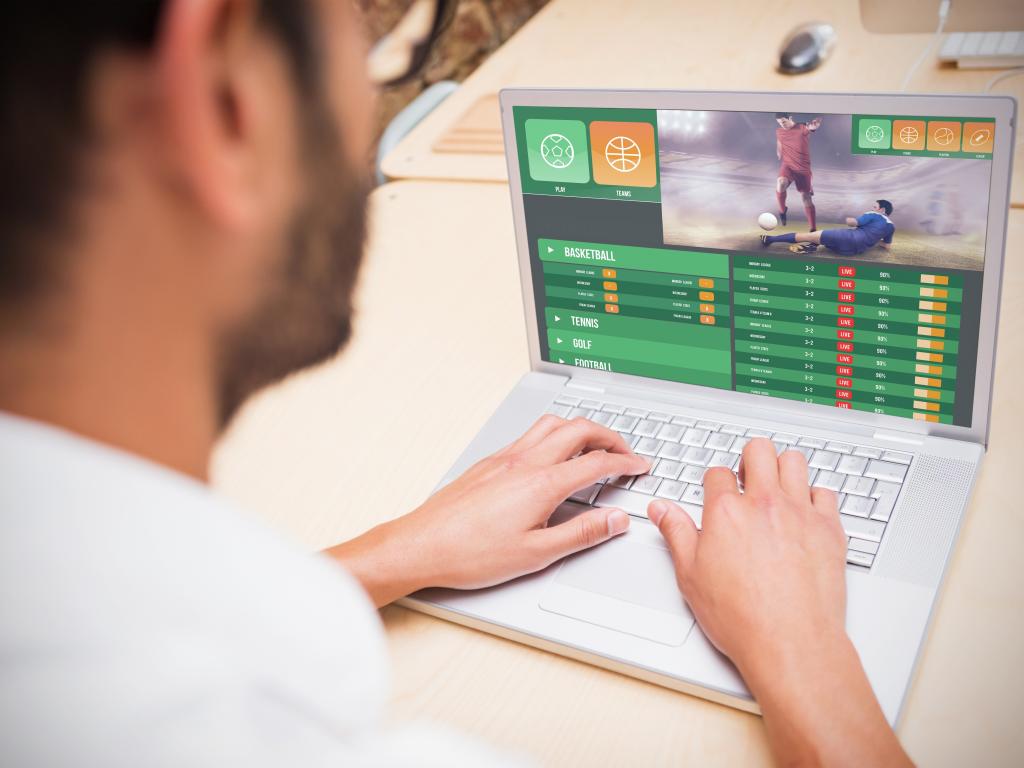 It is always risky to give some of your information online. This could be anything, ranging from your real address to your credit card information. Given the mishaps of some social media sites, people are concerned with their online privacy now more than ever. How can we protect it and is it even safe to place a wager online? Join us, as we try to find that out.
It is always risky to give some of your information online. This could be anything, ranging from your real address to your credit card information. Given the mishaps of some social media sites, people are concerned with their online privacy now more than ever. How can we protect it and is it even safe to place a wager online? Join us, as we try to find that out.
There are several safety precautions that a person who likes going on the internet should consider. First and foremost, avoid shady sites. We are currently discussing online betting, but this applies to web surfing in general. There are many websites promising to blow you away with their content, basing their ads on cookies, but a whole bunch of them are not exactly legitimate. If you do your research and find a website/company that has been around for years, it is less likely that this is a scam site, bent on stealing your info.
If you use betting sites that are tried and true, your privacy is secure and you can claim your smarkets bonus safely without having to worry. They need you as a client and they will do everything in their power to keep you as their client, including, but not limited to, protecting your information. Compromised customer data is bad for business. It is for this reason that there are safety protocols and data encryption to help you, and your favorite betting site operators and owners sleep better at night.
While safety measures used are strong, they are not omnipotent. There are some things you as well should consider doing to protect yourself. One of them is using a good password. Avoid obvious passwords, like your birthday, phone number, the name of a loved one and things that seem clever, but are predictable (namely, qwerty). You could come up with your own idea for a password, or just use a password generator, as they provide upper and lowercase character, special characters and numbers within a single password.
After creating your password, keep it safe by not sharing it with anyone. The same goes for usernames and banking information. Legitimate betting websites have their own form of protection, but that is of little value if you send your info to your partner, brother or business associate via Facebook or Skype.
We have mentioned it before, but this need reiteration: don’t visit websites that you don’t believe are trustworthy and don’t click on links you don’t know the origin of. Even if you don’t give out any information to them, there are viruses and malware designed to enter your computer upon clicking on a link, and your own computer may become compromised.
Finally, if you are feeling extra paranoid, and want to cover even your IP address, the way to go is to use a virtual private network or VPN. It extends a private network across a public one, practically circumventing the rest of the internet and connecting your computer with the server. It is used to secure data and money transactions, as well as to reach content that is not normally available in your geo-political region.
While there are no guarantees in life, following certain safety measures and protocols an prove to be most profitable in terms of money saved and security gained. Make sure you do your research and play safe. Good luck!





